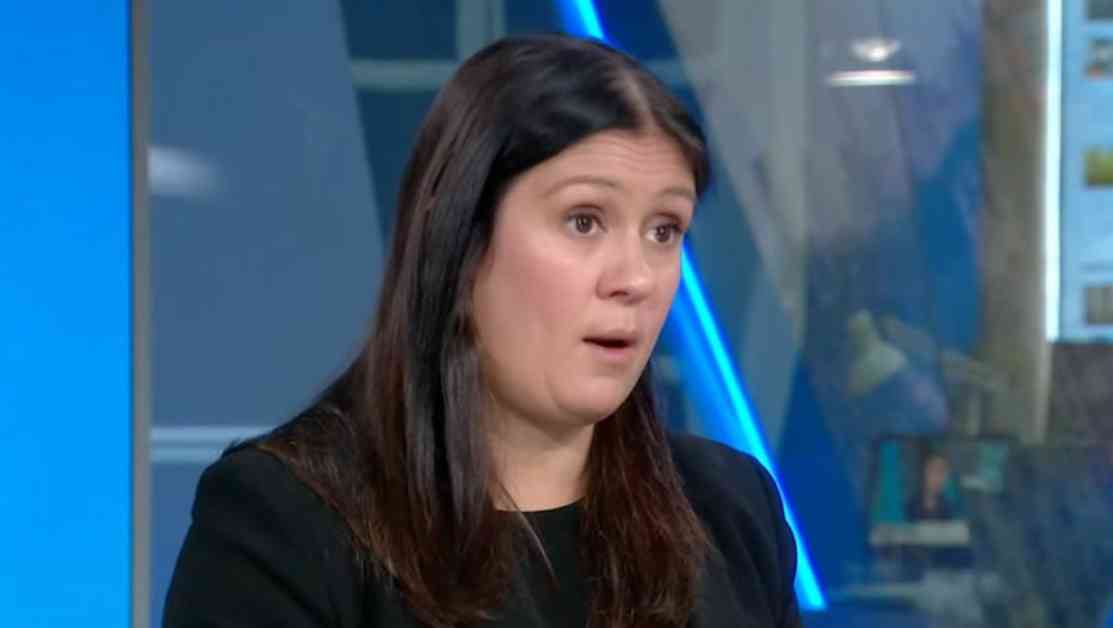The culture secretary, Lisa Nandy, recently addressed reports that accused Labour of personally intervening to provide Taylor Swift with a blue-light escort during her Wembley tour dates. The allegations, as reported by The Sun newspaper, suggested that top Labour politicians had pressured the police to grant the pop star the same level of security typically reserved for senior members of the royal family.
During an appearance on Sky News Breakfast, Nandy refuted these claims. She clarified that in the case of major events like Taylor Swift’s concerts, the home secretary would be involved in security discussions due to potential risks. However, Nandy emphasized that the home secretary does not possess the authority to demand specific security arrangements for individuals. Such decisions fall under the jurisdiction of the police, not the government.
Nandy’s statements sought to dispel any notions of political interference in security matters related to high-profile events. While it is common for public figures to receive heightened security measures during major appearances, Nandy underscored the importance of leaving such operational decisions to the appropriate authorities.
Moreover, the controversy surrounding Taylor Swift’s security arrangements raises broader questions about the intersection of celebrity status, security protocols, and political influence. As a global icon, Swift’s concerts draw massive crowds and necessitate comprehensive security measures to ensure the safety of both the artist and her fans. However, the extent to which political figures should be involved in dictating these measures remains a topic of debate.
In the realm of entertainment and public events, the issue of security is paramount. Ensuring the safety and well-being of performers, attendees, and staff requires a delicate balance of logistical planning, risk assessment, and coordination among various stakeholders. While celebrities like Taylor Swift may warrant heightened security measures due to their visibility and influence, the process of determining and implementing these measures should prioritize expertise and professionalism over political considerations.
Ultimately, the denial by the culture secretary regarding Labour’s alleged intervention in Taylor Swift’s security arrangements underscores the need for transparency, accountability, and adherence to established protocols in matters of public safety. As the debate continues, it is crucial to uphold the integrity of security procedures and uphold the principle of impartiality in decision-making processes related to event security. In an era marked by heightened security concerns and evolving threats, maintaining a clear delineation between political influence and operational security measures is essential to safeguarding the well-being of all individuals involved in public events.












